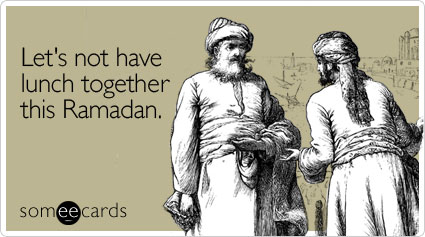Rabbi Brad Hirschfield, one of my Beliefnet neighbors, issues a call to muslims and especially Shi’a muslims to denounce the shrine to Hezbollah leader Imag Mugniyah in southern Lebanon:
The children crowd forward around the glass case, eager for a glimpse
of the martyr’s bloodstained clothes. His belt is here, and the shoes
he died in, scarred with shrapnel. The battered desk where he planned
military operations still has his box of pencils on it, his in-box, his
cellphone.
[…]
A fake skeleton stands upright in a torn uniform and helmet beneath the
legend, “The invincible Israeli soldier.” There are captured Israeli
tanks jutting up from the ground at odd angles, their hatches burned
and broken. As visitors crowd from one display to another, a soundtrack
blares overhead, mixing the sounds of bombs and machine-gun fire with
mournful operatic voices and warlike speeches.
This is indeed a pretty creepy monument to martyrdom, and it can’t be good psychologically, for the children who are taken to see it by their parents. Then again, being bombed all summer by a ferocious air assault can’t be particularly good for them either. I see this sort of thing as a symptom of the tumult and war that has wracked the region. It’s sad, but it’s also inevitable. Rabbi Hirschfield points to this anecdote of a father and son visiting the death shrine as particularly troubling:
“I came here to teach my kids the culture of resistance,” said a
visitor who gave his name only as Ahmed, as he stood with his wife and
two children. “I want them to see what the enemy is doing to us, and
what we can do to fight them, because this enemy is not merciful.”
but if I judge that man based on his words, not having lived his life and losing family and loved ones to a pointless war that he in all probability has, then I am very arrogant indeed. If Ahmed is wrong (as I think he is), that Israel is not his enemy and is indeed merciful, then it is incumbent upon Israel to prove him wrong. It was Israel’s policy towards Lebanon that has pushed Ahmed into Hizbollah’s calculating and opportunistic embrace. It’s easy for me to sit here thousands of miles away and judge Ahmed on my moral scale, but is that in accordance with the ethos of Ramadan? I think instead we must extend him compassion, and understand that his presence there speaks volumes about his situation, not necessarily his character.
As far as denouncing it goes, six years after 9-11 I think it’s rather sad that muslims in the United States are still being called onto the carpet to answer for everything that their co-religionists abroad do. Once one muslim (adjective) – American (noun) starts down that road, we will all have to, from liberal muslim bloggers like me to ordinary working class Somali taxi-drivers in Minneapolis. With respect, I decline.

